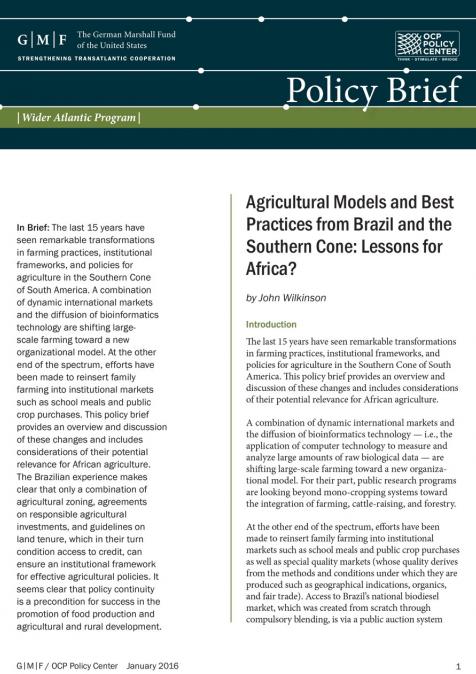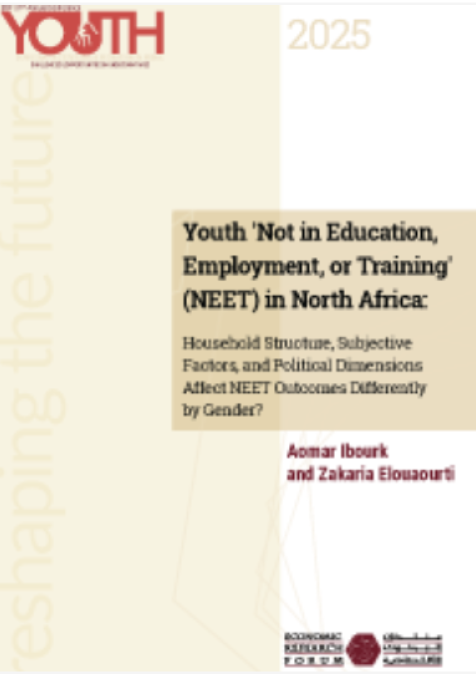Publications /
Policy Brief
The last 15 years have seen remarkable transformations in farming practices, institutional frameworks, and policies for agriculture in the Southern Cone of South America. A combination of dynamic international markets and the diffusion of bioinformatics technology are shifting largescale farming toward a new organizational model. At the other end of the spectrum, efforts have been made to reinsert family farming into institutional markets such as school meals and public crop purchases. This policy brief provides an overview and discussion of these changes and includes considerations of their potential relevance for African agriculture. The Brazilian experience makes clear that only a combination of agricultural zoning, agreements on responsible agricultural investments, and guidelines on land tenure, which in their turn condition access to credit, can ensure an institutional framework for effective agricultural policies. It seems clear that policy continuity is a precondition for success in the promotion of food production and agricultural and rural development.










